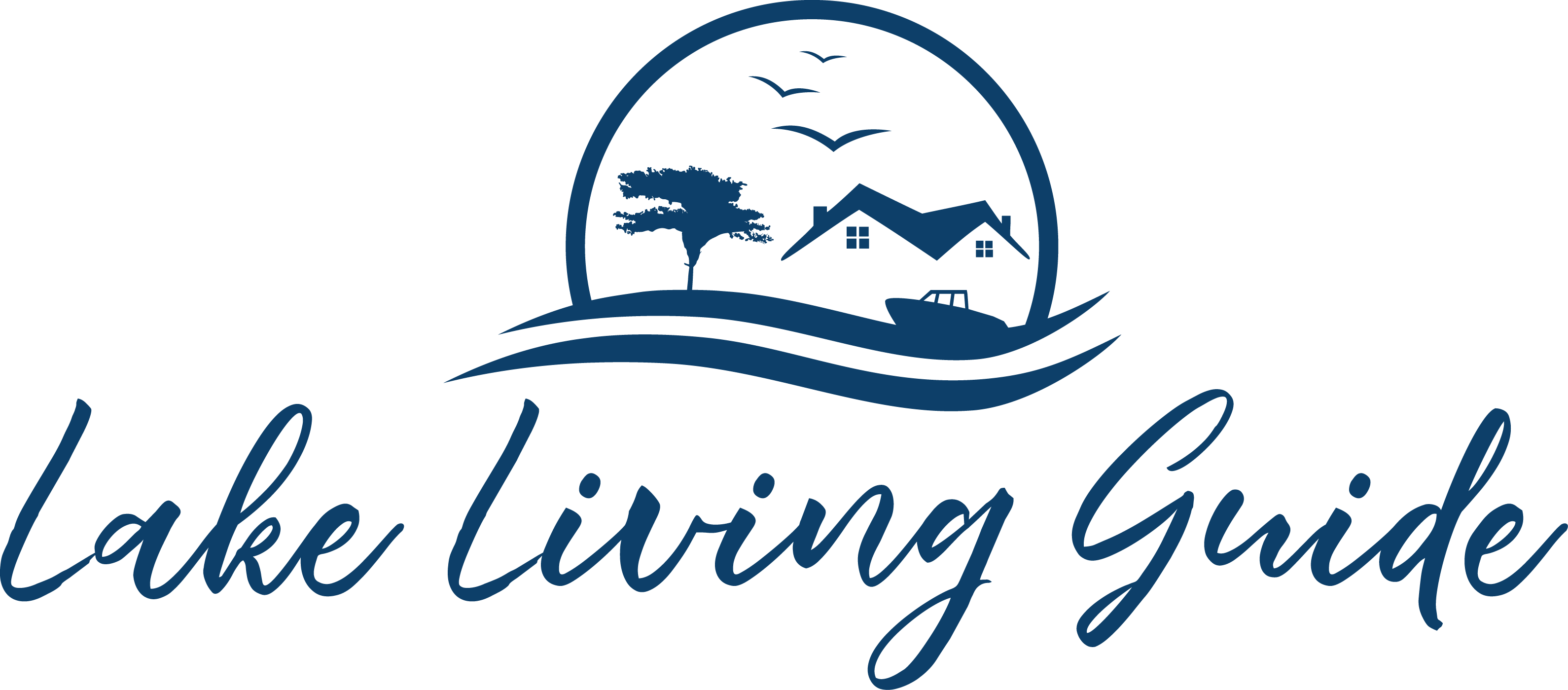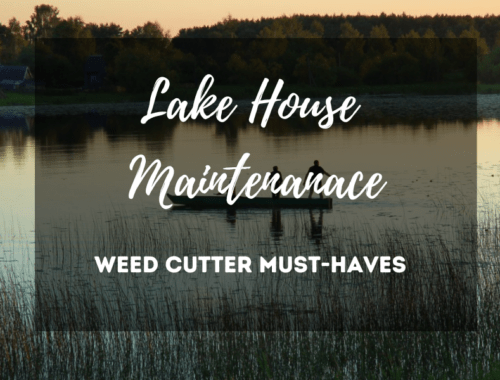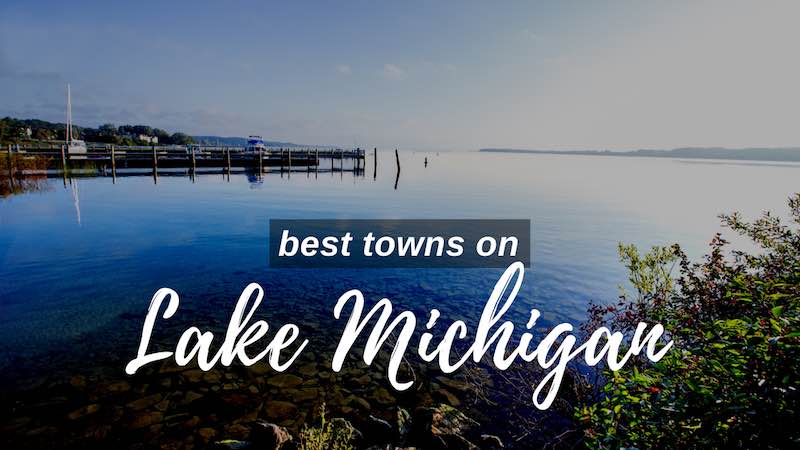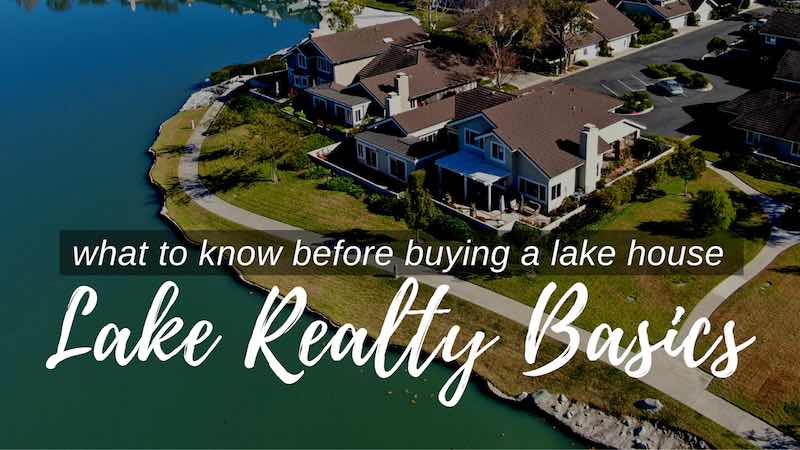
Lake Realty Basics: What To Know Before Buying a Lake House
There is nothing quite as extraordinary as living in a lake house. That’s exactly why we recommend you to get familiar with a few lake realty basics before buying a lake property.
If it is your dream to live on a lake, you must consider a few important aspects of lake living before you jump into lake house ownership.
We have compiled 12 things to think about before taking the plunge. Researching these 12 points will help you to choose the house that will truly be the lake house of your dreams!
Table of Contents
Enlist The Help Of a Lakefront Real Estate Agent
While you will find real estate agents that sell both lakefront and regular properties, an agent that sells mainly lakefronts will have specialized knowledge of the house and area. This type of agent will not only know about the house; they will also have detailed information about the lake. This advantage helps you make an informed decision before you purchase.
Determine Your Budget And Loan Amounts Before Looking For Lake Real Estate
Lake property is going to cost more than other properties. Securing a loan for a lake house can take longer than a conventional mortgage, so it is good to start early. Lenders will often consider only buyers who are highly qualified, so find out the type of loan you can secure before you start looking. Knowing that loan amount will help define your search for homes.

Check With Your Current Insurance Agent About Insuring Lake Property
Living in a lake house is more expensive all the way around, and one of those ways is insurance. Find out what types of insurance you will need to secure for your lake home and where you can get them. A lakefront property sometimes requires specialized insurance like wind, flood, or hazard. You may need more than one insurance company to cover those requirements.
Investigate Ownership of The Lake Where You Have An Interest in Buying
When looking at a lake house, it is critical to determine who owns the lake. Some lakes have leases associated with the lake. Municipal and federal entities, such as the US Army Corp of Engineers or others, may own the lake itself and lease the lake houses’ shoreline. If this is the case, you need to determine how much of the land lease is left. It could be 50 years or 5 years. Know that renewing a lease may also mean a rise in cost to account for market value. While you do not have to pay property taxes on leased land, the lease’s price may be prohibitive. Make sure you speak to a home loan expert if the property is on leased land.
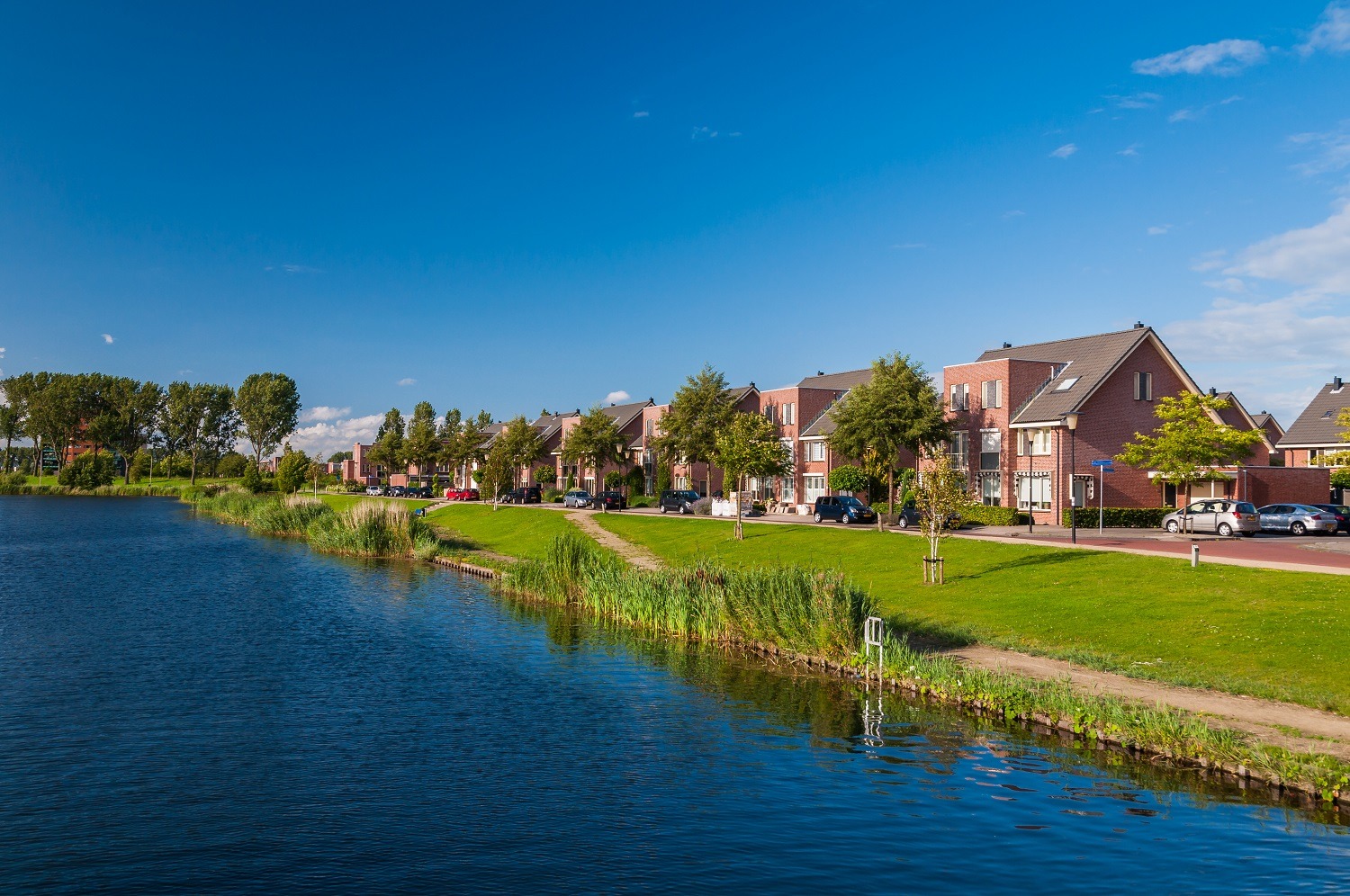
Find Out if The Lake Area Has an Association
Many lakefront homes are part of an association that governs the water and the beaches. If you buy a home in the association area, you must be part of the association. That will mean paying association fees and living by the organization’s rules. Those rules will include when and how you can use the water. They will also have limitations as to what you can and cannot do with your property. Ask to see the by-laws and regulations of the association before you decide to purchase a home that is part of an association.
Take as Much Consideration of The Property as You do The House
When living in a lake house, you will be hoping to spend at least as much time outside and on the water as you would in the house. While you can change the inside of the house, you will not be able to change the property’s location. Make sure that the attributes you are looking for in a lake property are present. Is it easy to get to the water? Is there a dock for a boat or a place to put in a dock? Is the water murky or suitable for swimming? Check out if it will be easy to get a boat in and out or are there issues like oyster beds that prohibit that. Is the area private enough for you? Determine what you want from lake house living and then see if the property aligns with your desires.
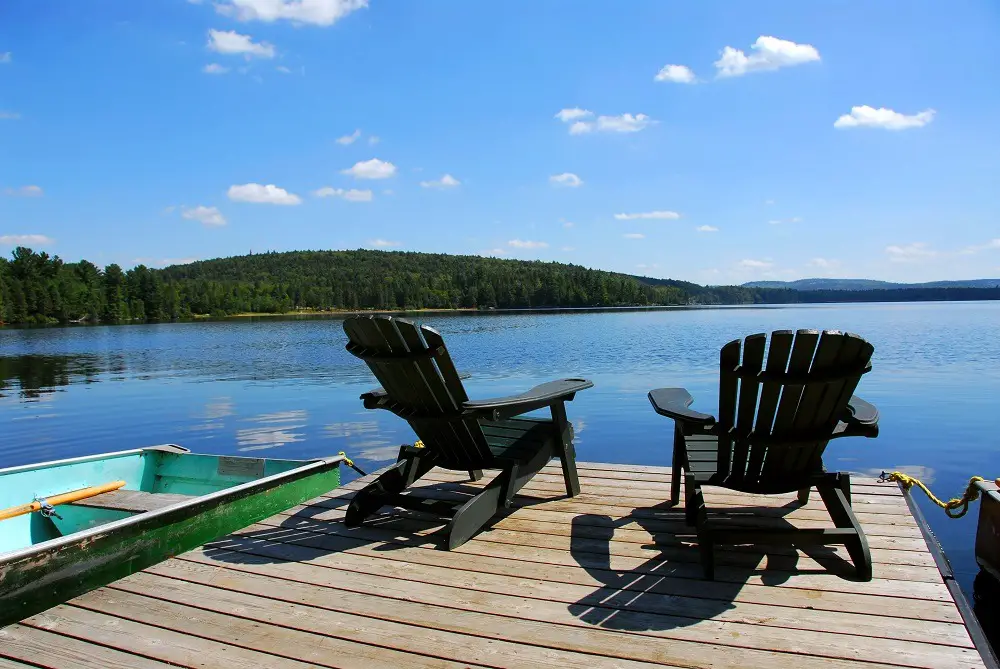
Don’t Make Assumptions About What You Can Do With The Lakefront or Property
When you see a property that you are interested in, you may also have ideas of what you would like to do to improve or make the property your own. When adding or altering, such as docks or seawalls, you may need to get permission. Government agencies may get involved, and they have strict regulations. Some people who purchase a lake house also want to rent the property when they are not in residence. Check to see if this is a possibility. Know if you will be allowed to do what you want to make alterations to the property before you purchase
Find Out What Type of Activities Are Allowed On The Lake
Lakes and other bodies of water will have restrictions about the types of activity allowed. Some lakes do not allow jet skis or speedboats. There may be hours of operation and restrictions on the number of boats or watercraft you can own. Find out the specifics of what you can and cannot do on the lake before purchasing. Find out if you can have large Lake Floats and other water toys on the lake. It would be devastating to buy a lakefront property to find out that you cannot use the lake as you had envisioned.
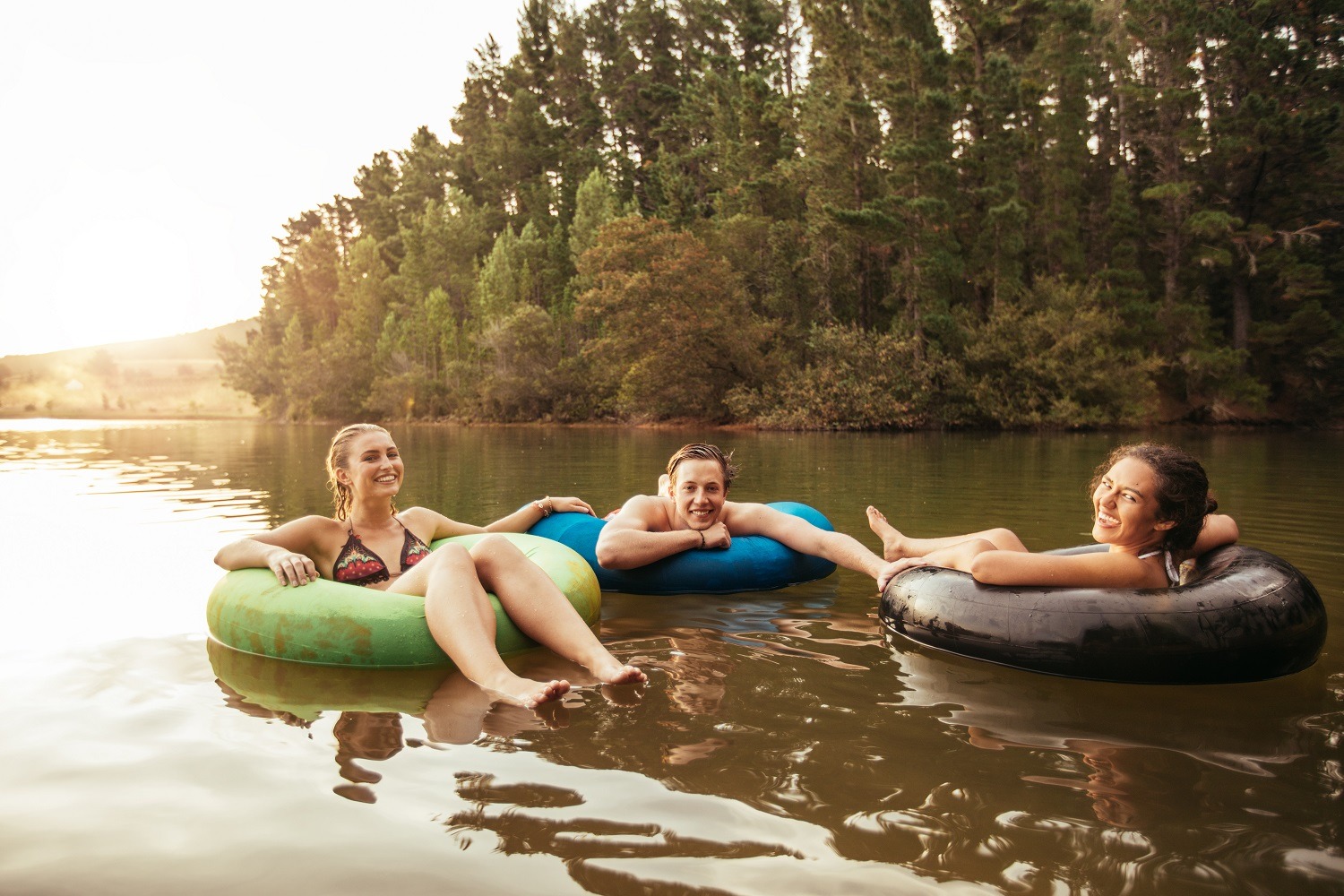
Give The House The Once-Over Twice
Houses on the lake encounter more abuse from the elements than a land-locked home will. Winds off the water, corrosion from saltwater, flooding, and bugs are a few things that can cause wear and tear quickly. While living on the lake is wonderful, you don’t want to purchase someone else’s problems. Have a reputable home inspector look the house over from top to bottom to see if there is evidence of past damage or “quick fixes” that you would have to address yourself. Find out, too, if the construction of the house allows for winter use. Many lake homes, initially, were built as cottages the owners visited on weekends in the summer. If you want to use the home as your primary residence or visit all year round, make sure the house is equipped for winter living.
Figure In Maintenance Costs
As with a land-locked home, you will have regular maintenance, but living on a lake brings some other unique considerations. If you have a dock and a lift for your boat, does it need to be removed from the water in winter? Will your boat stay at the site, or does it have to move to a storage facility in cold months? Outdoor furniture will take a bit of a beating and may need end of the season refinishing to protect it from the elements. Do you have the storage space for all of the canoes, kayaks, and water toys you will acquire living on the lake? They will all need looking after so that you can use them season after season. Determine how much you should allocate in your budget for the annual maintenance of your property and items.
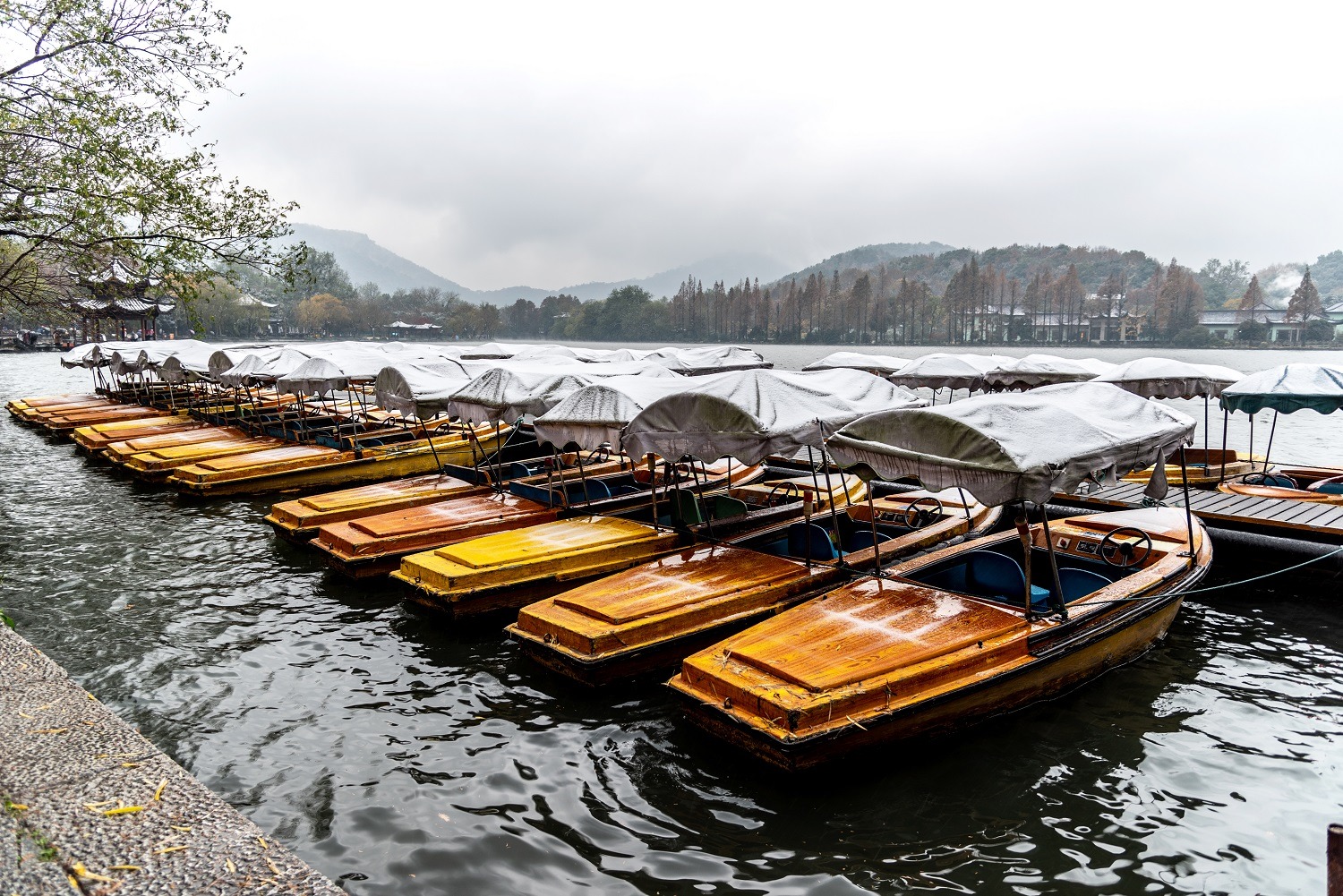
Check To See If There Stores And Supplies Nearby
Living lakeside will be a wonderful experience, and you will want to spend most of your time there. You will not want to be spending time on the road to get to a grocery or home improvement store for needed supplies. While you want to get away from it all, you don’t want it all to be so far away that it takes hours to gather the items you need. There should also be medical (and veterinarian) care nearby. You want guests to have an easy route to visit you (maybe), and you want the lake house to be accessible for all of your needs.
Talk To The Neighbors On The Lake
You can get all kinds of information from the people who are already living on the lake that you are interested in. Find out about utilities, clean water, septic systems, cable, and the internet from the people who are living with those aspects of life on the lake. It will give you reliable information about what to expect, and the type of people you encounter will also let you know if these are people you would like to live alongside.

